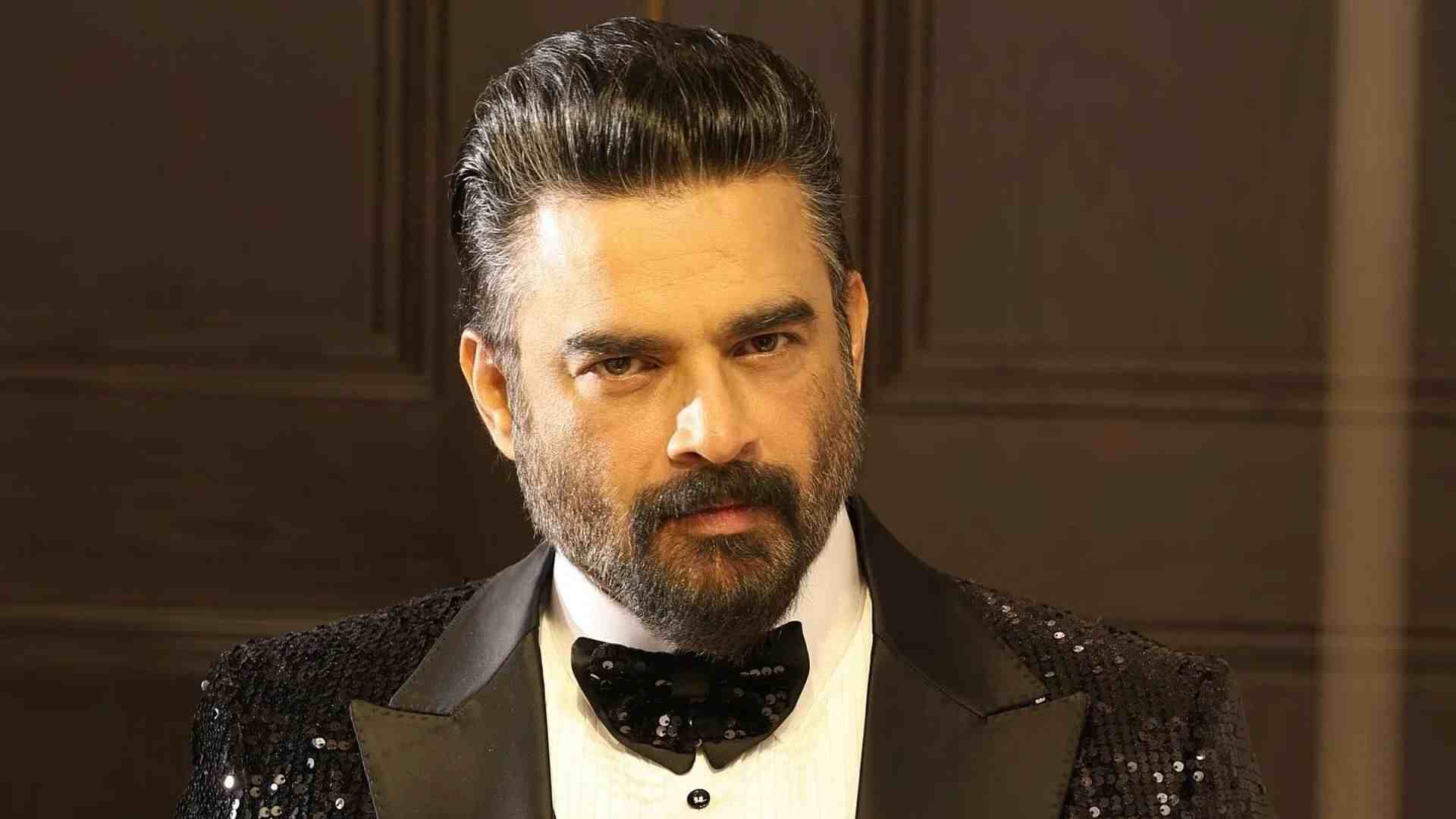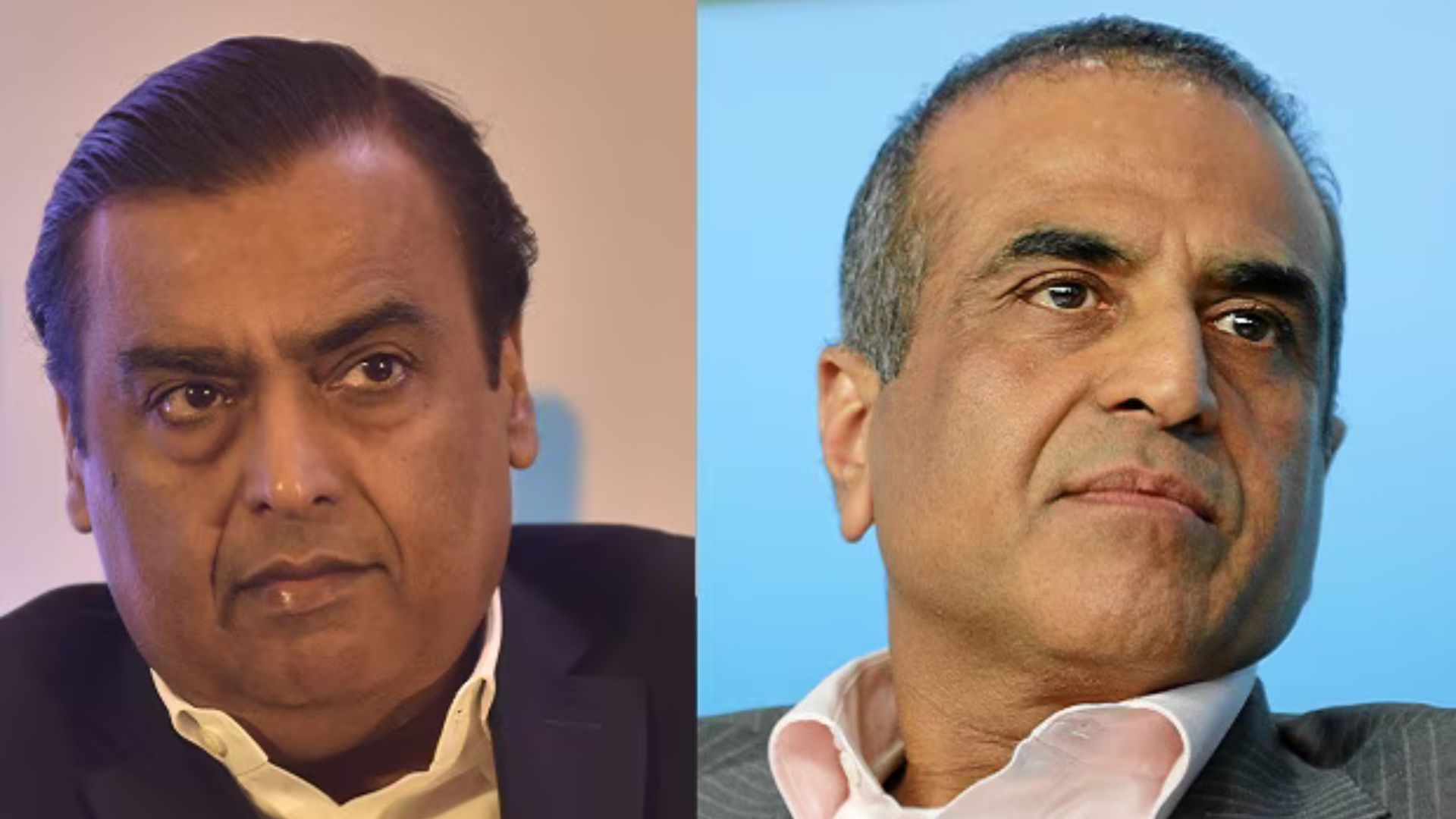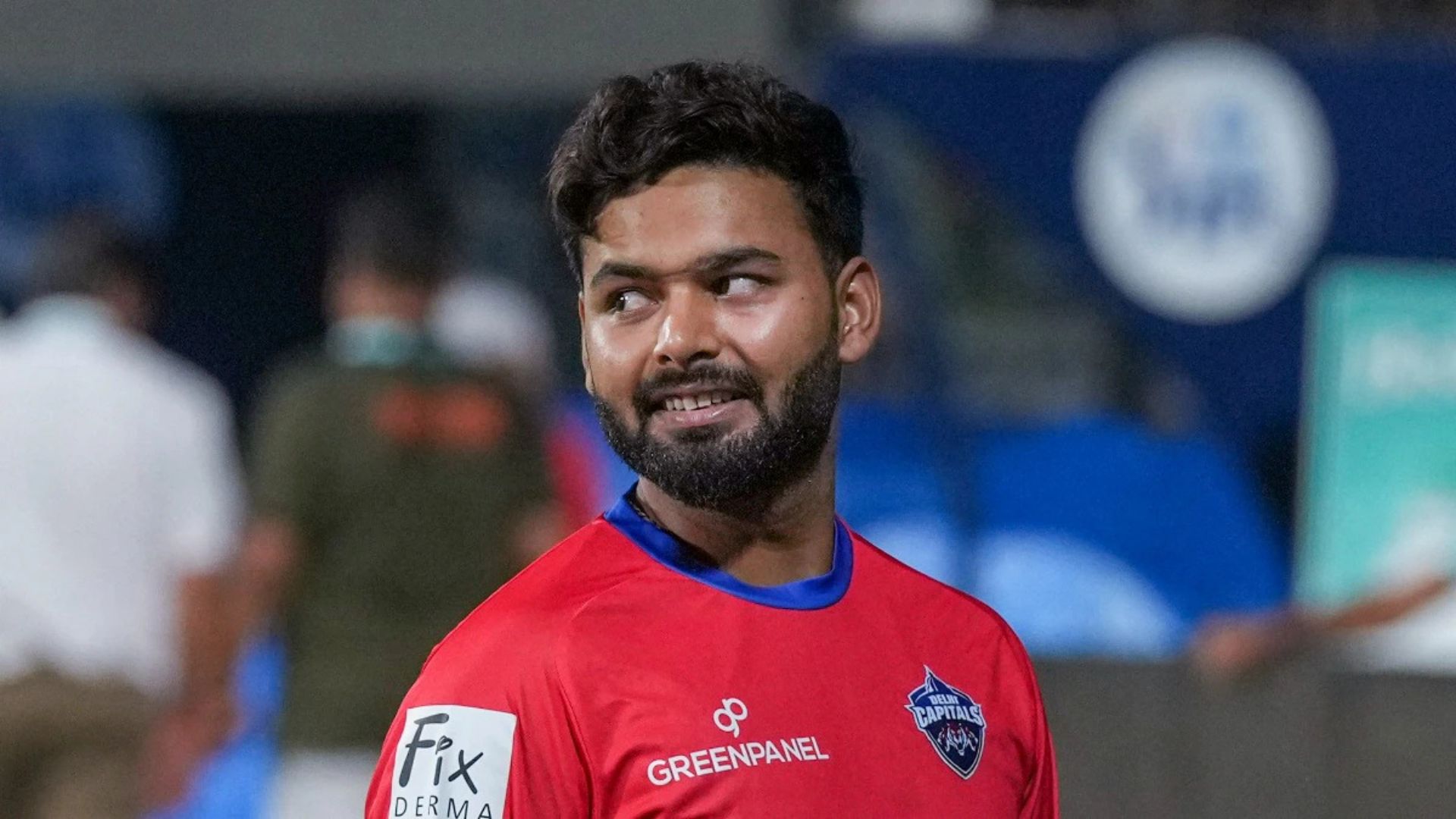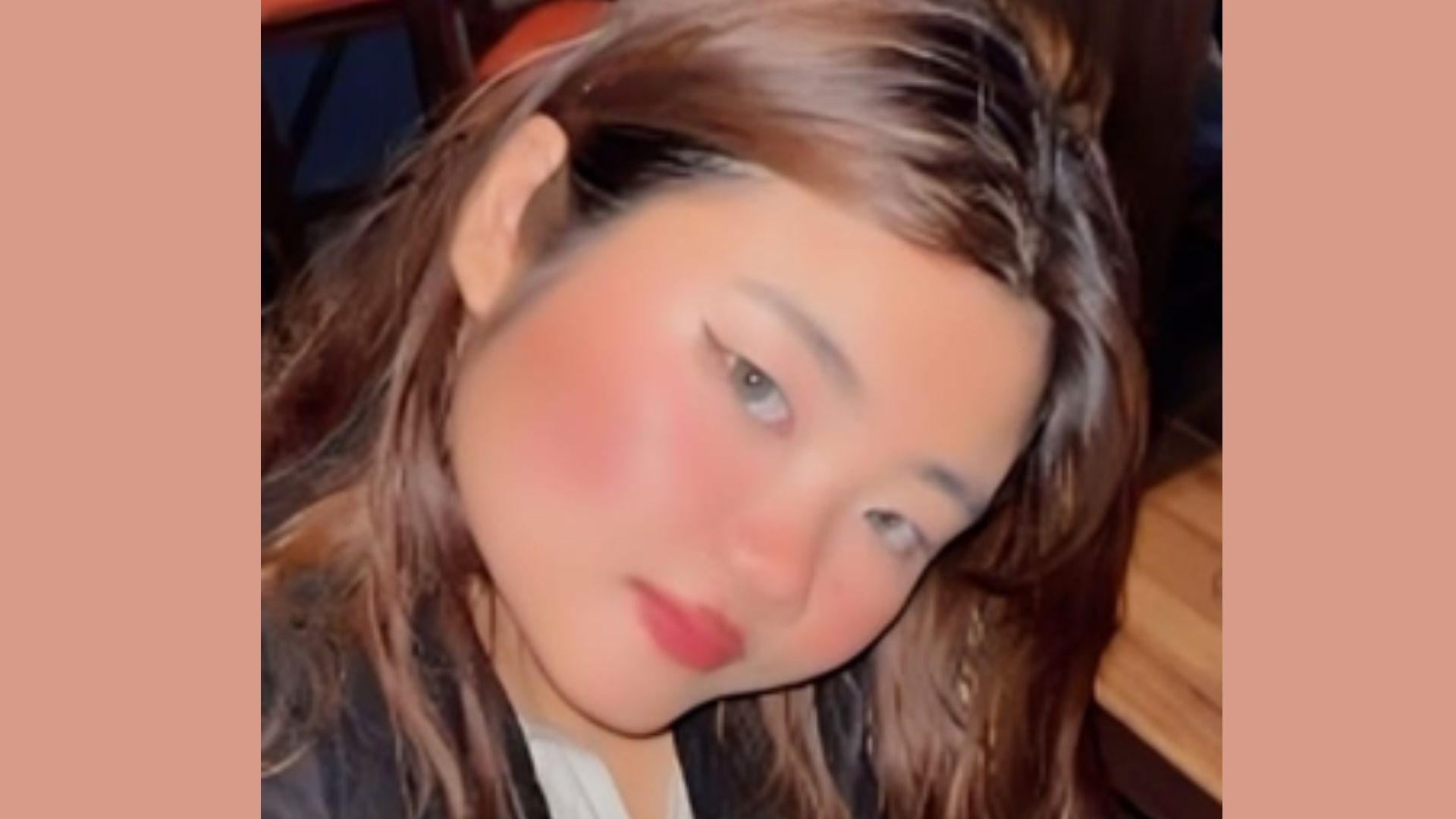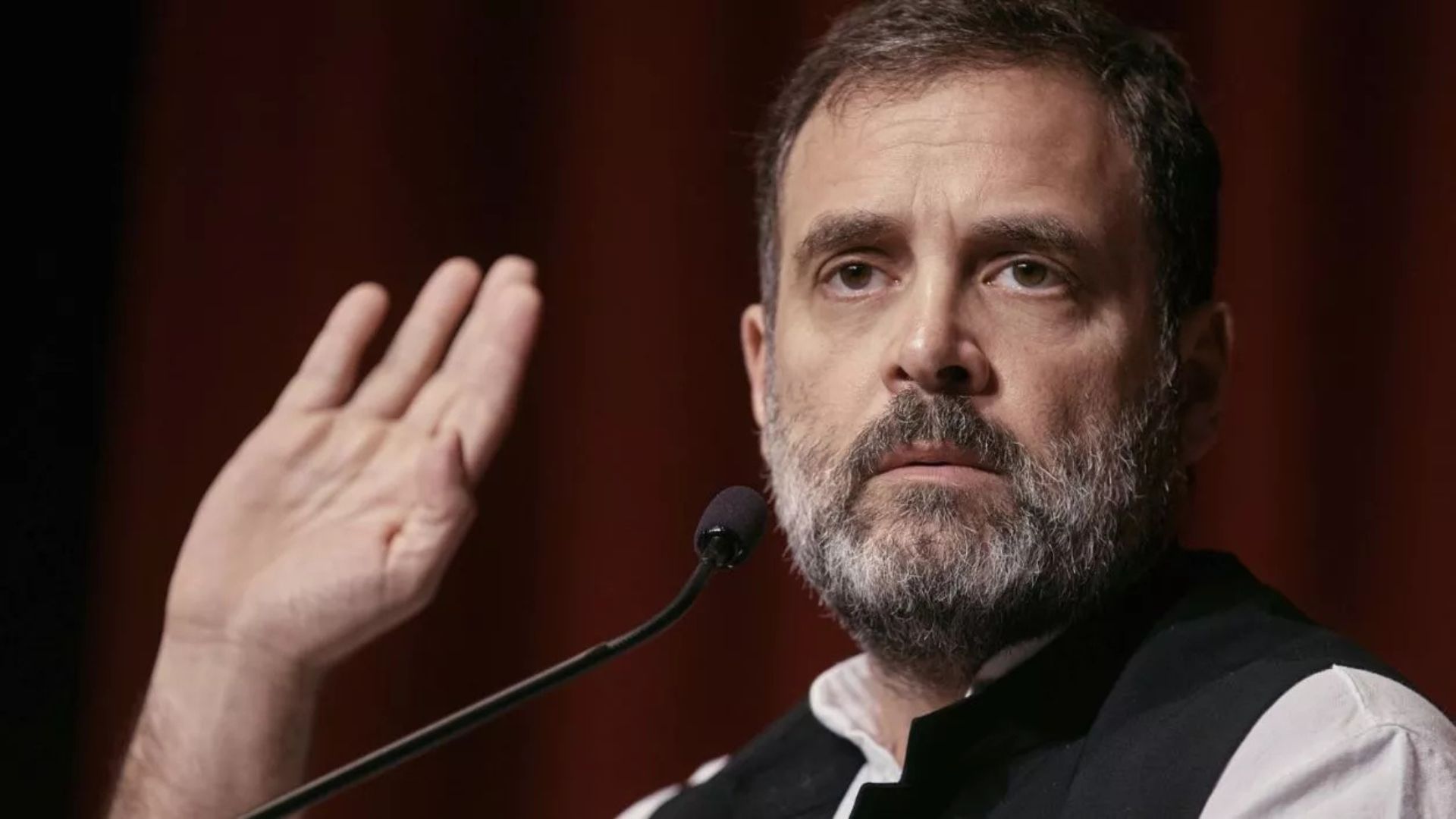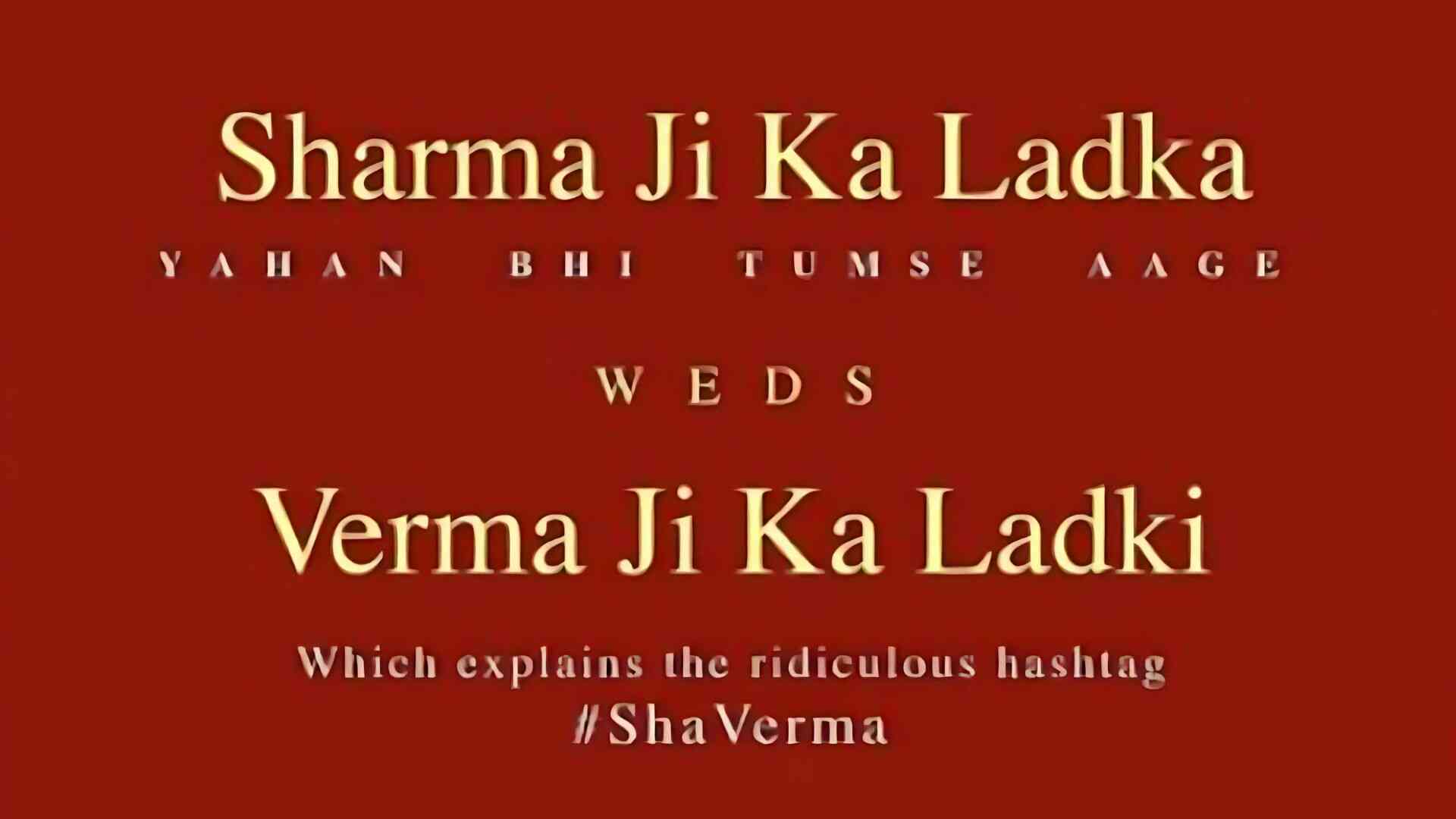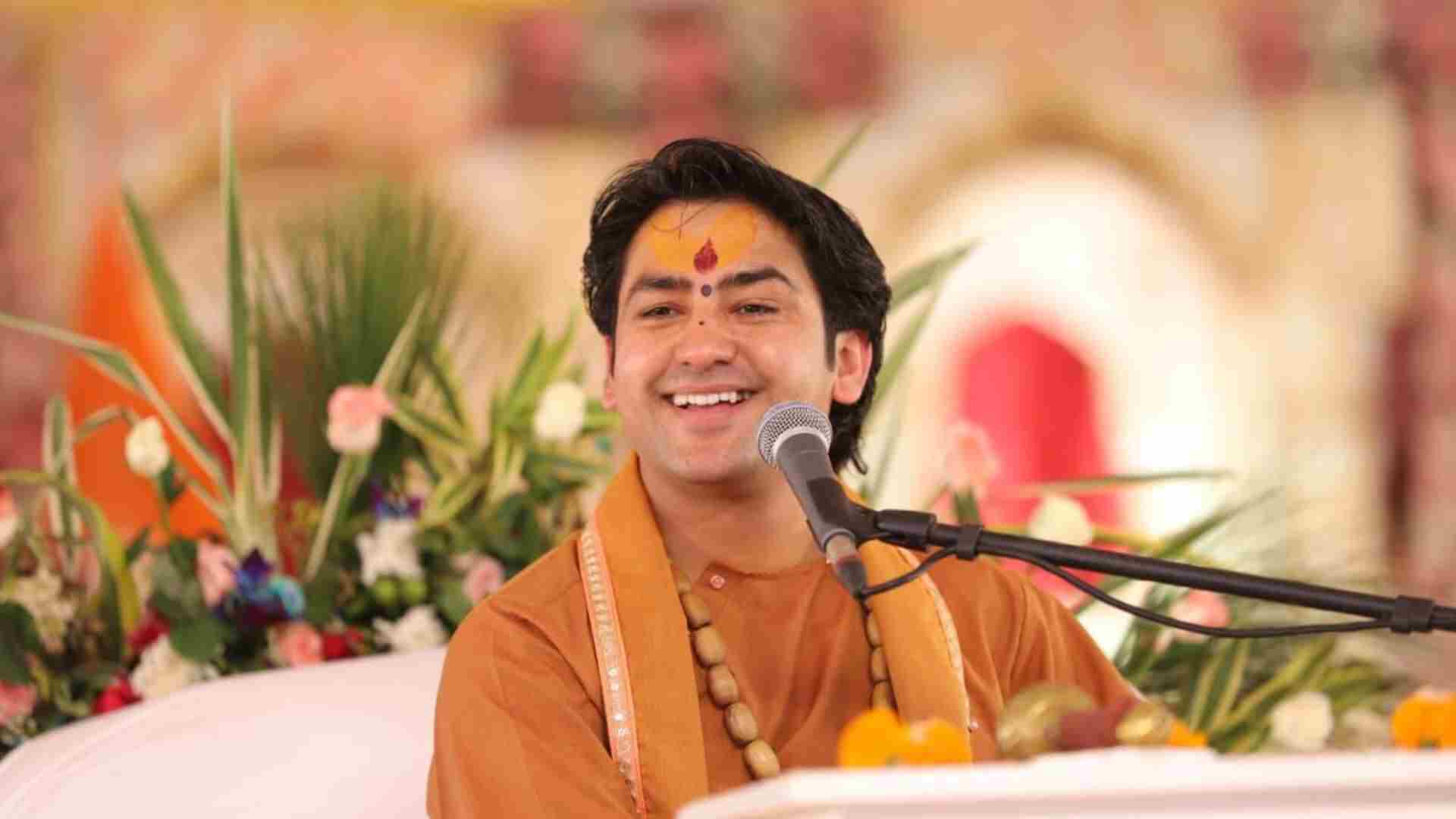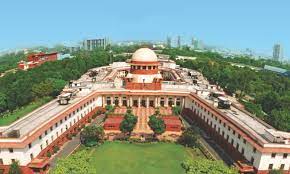
The Delhi Court in the case Ishwar Singh v. State observed and has criticized the practice of summoning the particular police officer for addressing the queries, thus, every time when the case is emanating from those respective police station arises.
In the present case, the court passed the order by the Principal District and Sessions Judge Madhu Jain of Saket Court on perusing the records wherein it is revealed that officer Ishwar Singh was being summoned in the case by the Court more than 300 times.
It has also been complained by the Singh that in every case emanating from his police station instead of the designated investigating officer, he is being called for addressing the court queries.
The Judge in the case stated that if such a practice is being adopted and is followed by all the courts then it will be very difficult for the police officials to maintain law and order in their respective areas as they will be spending whole of their time in the courts and not only this practice is to be deprecated but we need to stop this practice.
The court in the case was hearing the revision plea moved by Singh against the passing of adverse remarks by the Court and an order seeking explanation from the Police Commissioner on his behalf. The court passed the said order after Singh’s subordinate failed to appear before the court on one occasion.
It has also been submitted by the Chief Public Prosecutor for State before the court that he has also been called in the court by the concerned Presiding Officer on several occasions, which being for no fault of him.
The bench also referred to the case K.H Siraj v. High Court of Kerala, wherein it has been held by the Apex Court that undesirable judicial strictures that penalize without enquiry, stigmatize without relevant proceedings with remedy of only being expunged.
The court in the case observed and has set aside the impugned order wherein calling for the explanation from the Police Commissioner and expunged the adverse ‘extra judicial remarks’ with respect to the Police Officer.
The counsel, Advocate Tanveer Ahmed Mir, Vaibhav Suri and Yash Datt appeared for the revisionist.
The counsel, CPP Salim Khan represented the State.
